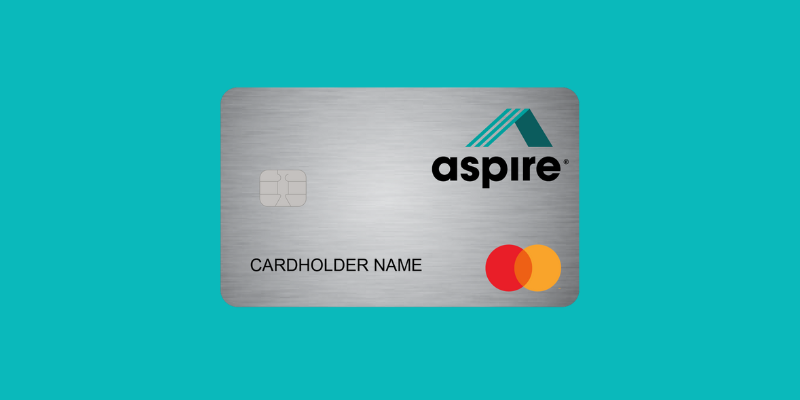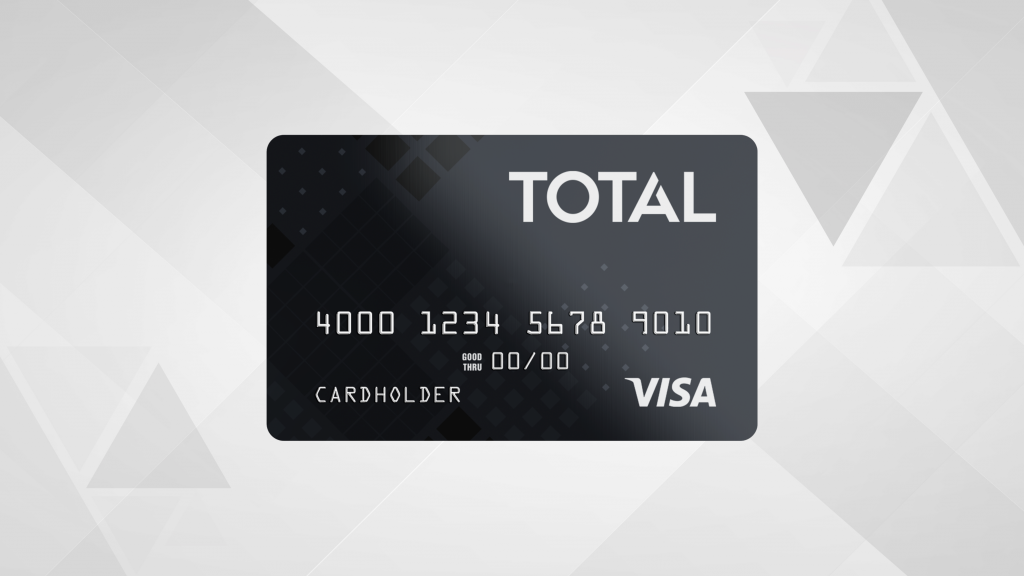US
Complete guide to personal income tax
On this complete guide to personal income tax, you will learn how the process works and how to calculate and fill out an income tax return.
Personal income tax: a guide on how it works and how to calculate it

Not everyone knows how taxes work and how to calculate them. Then, this complete guide to personal income tax is worthwhile.
But not only that, even those who know in general how the process works, it is important to stay updated because income tax varies depending on type and jurisdiction.
Generally, income tax refers to a government source of income. So, basically, taxpayers fill out an income tax return year by year in order to fund public services and government obligations.
Not all types of income are imposed on taxes. In fact, even some types of investments are exempt from taxes.
Thus, continue reading to find out more about it.

Capital income vs. household income!
Do you know the difference between capital income and household income? If not, you can read our post to learn about it!
What is personal income tax?
In the first place on this guide, a personal income tax is a percentage of an income generated by individuals or businesses that is paid for the government every year.
With this percentage, governments can follow up with their projects, public services, obligations, and other benefits for their citizens.
Usually, the tax systems are progressive, which means those who earn higher incomes pay higher tax rates, while low-income earners pay low rates.
Additionally, in the U.S., federal tax typically varies from 10% to 37%.
You will be redirected to another website
By submitting this form, I agree that I am 18+ years old and I agree to the Privacy Policy and Terms and Conditions. I also provide my signature giving express consent to receive marketing communications via automated emails, SMS or MMS text messages and other forms of communication regarding financial products such as credit card and loans. Message frequency varies and represents our good faith effort to reach you regarding your inquiry. Message and data rates may apply. Text HELP for help or text STOP to cancel. I understand that my consent to receive communications is not a condition of purchase and I may revoke my consent at any time.
How does personal income tax work?

As can be seen, taxpayers fund government projects and services, including goods for the population.
For example, the government can fund the educational system through collected tax, among other structural systems and obligations.
In the U.S., the whole tax organization is managed by the Internal Revenue Service. In summary, the IRS controls and tracks all taxable and reportable income, as well as collects taxes from all forms, including wages, certain investments, salaries, and more, no matter if it is individual or business.
What are the types of income tax?
Although this guide focuses on personal income tax, it is important to learn about the other types of tax.
Thus, take a look at the summary below!
1. Personal income tax
Also called individual income tax, this type of income tax refers to reportable taxes imposed for an individual income, including salary, wage, and other types of earnings.
Traditionally, this type is imposed by each state, and not all type of income is taxable.
In essence, individual income tax offers credits and exemptions.
Of course, conditions apply, but individuals don’t need to pay taxes on all income they receive because of those deductions.
Usually, the Internal Revenue Service provides deduction opportunities when it comes to investments, healthcare, and education expenses.
On the other hand, it can provide credits when it comes to certain conditions, like earning a low income or meeting other eligibility requirements for credit earnings.
2. Local income tax
The majority of states in the U.S. impose an income tax, as you are probably familiar with.
As shown before, personal income tax is usually imposed by each state.
However, there are some states that don’t impose an individual income tax.
Even though this might be seen as an opportunity to lower living costs, it is crucial to understand that not imposing income tax doesn’t necessarily mean it is cheap to live in one of those states.
To sum up, it is important to learn the average living cost in each state before deciding to move to a state that doesn’t collect taxes.
Now, check out which states are those:
- Florida
- South Dakota
- Nevada
- Texas
- Tennessee
- Wyoming
- Washington
- Alaska
Furthermore, New Hampshire collects income taxes on dividends and interest, although it projects to phase out in the next years.
3. Business income tax
Businesses must pay taxes on their earnings, too.
Basically, all their expenses, including capital and operational costs, are deductible, while the difference between that and those expenses is taxable.
But, tax structure will depend on the business structure itself.
Guide on how to calculate personal income tax

As mentioned before, the tax rate you will pay varies according to how much you earn. Usually, the calculation is progressive, which means the more you earn, the higher the rate will be.
Typically, the federal tax rates range from 10% to 37%.
Now, learn how to calculate your personal income tax on this guide:
1. Find out your Filing Status
The first step is to find out your Filling Status, which means the category of the form a taxpayer must fill out.
In summary, this Status depends on the marital Status.
For instance, a single taxpayer that earns up to $11,000 will be checked at 10% of the federal income tax rate.
Moreover, a married filing jointly person earning up to $22,000 will be checked at the same 10% of the federal income tax rate.
On the other hand, if the income ranges from $22,001 to $89,450 for a married filing jointly person, the federal income tax rate will be 12%.
You can check out the Filing Status at the IRS agency.
2. Add sources of income
In the second place, add every source of income that is taxable in the particular tax year.
Individual income tax can involve salaries, wages, and other sources they may have that are reportable and collectible.
3. Calculate your AGI
Then, it is time to calculate your adjusted gross income. So, after adding all sources of total income that is taxable, as shown on step 2, sum totals.
Finally, subtract deductions or consider credits you might have that are eligible.
It is equally important to gather income statements in order to compute your AGI.
Additionally, it is crucial to understand that some sources of income don’t count in your AGI, including foster care payments, disability payments, life insurance proceeds, inherited assets, and more.
To find out the particularities and exceptions, access the Internal Revenue Service.
Conclusion
The most important thing you can do to prevent surprises when paying taxes is to track and control your taxable earnings throughout the tax year.
Also, it is equally essential to stay updated and tuned about the tax particularities, rules, and obligations.
On the other hand, if you want to delegate this task to guarantee the accuracy, you can always consider searching for a tax professional to fill out your personal income tax.
Recommendation: Learn about the different types of income
Did you know that there are many types of income? You can earn more money if you diversify your sources.
To learn everything about the three main types of income, read the following article.

The three types of income: learn more about them!
Know how you can ake more money without working any harder just by understanding the three types of income. Do you want to see how?
About the author / Aline Augusto
Reviewed by / Aline Barbosa
Senior Editor
Trending Topics

How to apply for the Exchange Bank Of California Unsecured Personal Loan?
Learn how to apply for an Exchange Bank Of California Unsecured Personal Loan and access up to $100,000 at fixed and low rates.
Keep Reading
Home Depot® Consumer credit card full review
Check out our Home Depot® Consumer credit card review to learn how it works and how it can help you out with your home improvement!
Keep Reading
How to get a Quick Home Insurance quote?
Learn how to get a Quick Home Insurance quote and access a free quotation to estimate several policies at affordable prices.
Keep ReadingYou may also like

Red Arrow Loans review: how does it work and is it good?
Do you need extra cash and are considering a Payday Loan? If so, check out our Red Arrow Loans review, and understand how you can get some money quickly and safely. Read on!
Keep Reading
Aspire® Cash Back Reward Card review
Check out our Aspire® Credit Card review to discover what it offers and whether it is a good option for you. Read on!
Keep Reading
Total Visa® Credit Card review: Visa card for people with poor credit
Learn how to apply for the Total Visa® credit card and get your credit history restored. It is a good solution if you want to rebuild your credit or fix poor credit report errors.
Keep Reading